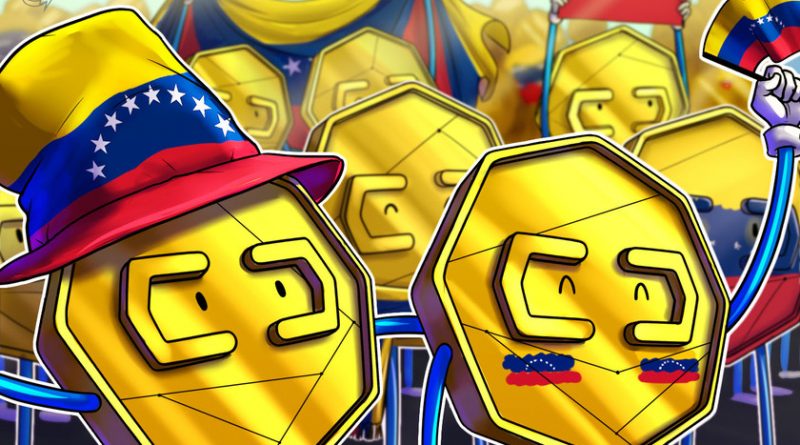Venezuela trials ‘decentralized stock exchange’ that’s open to the world
Venezuela has announced a 90-day trial for a decentralized stock exchange supporting “alternative digital assets” and fiat currencies.
Venezuela’s National Securities Superintendency has given the go-ahead for a 90-day pilot of a crypto-powered “decentralized stock exchange” in the country that aims to have a global reach despite international sanctions.
Cointelegraph Espanol reports that news of the Decentralized Stock Exchange of Venezuela’s authorization to operate was published in the country’s official gazette, issue 6,578, Sept. 29.
The exchange is known as BDVE and its website claims that the platform comprises “the first decentralized stock exchange in the world.” It highlights that users will be able to access the exchange “from anywhere in the world” and “without restrictions.” Both fiat currencies and “alternative digital assets” will be traded on BDVE.
“[BDVE] represents a new and innovative segment of the stock market, which, with the use of new information and communication technologies, provides the investor with security and control over its financial assets.”
The local securities watchdog will determine whether the exchange will be granted a license to continue trading after the 90-day trial is over.
The platform’s operating manual notes that the securities traded on the platform will comprise ERC-223 or ERC-721 tokens, or a third “packable” token. While the document does not contain the word Ethereum, use of the popular Ethereum (ETH) token standards suggests that the platform may be built on Ethereum.
Surprisingly, the manual does not mention whether Venezuela’s oil-backed national cryptocurrency El Petro will be utilized by the exchange.
Venezuelan President Nicolas Maduro announced on the same day a new “anti-sanctions bill” intended to mitigate the impact of economic sanctions imposed by the United States.
The bill, which is currently being reviewed by Venezuela’s National Constituent Assembly, noted that both private and state-backed crypto assets could be used to conduct trade beyond the reach of U.S. sanctions.



